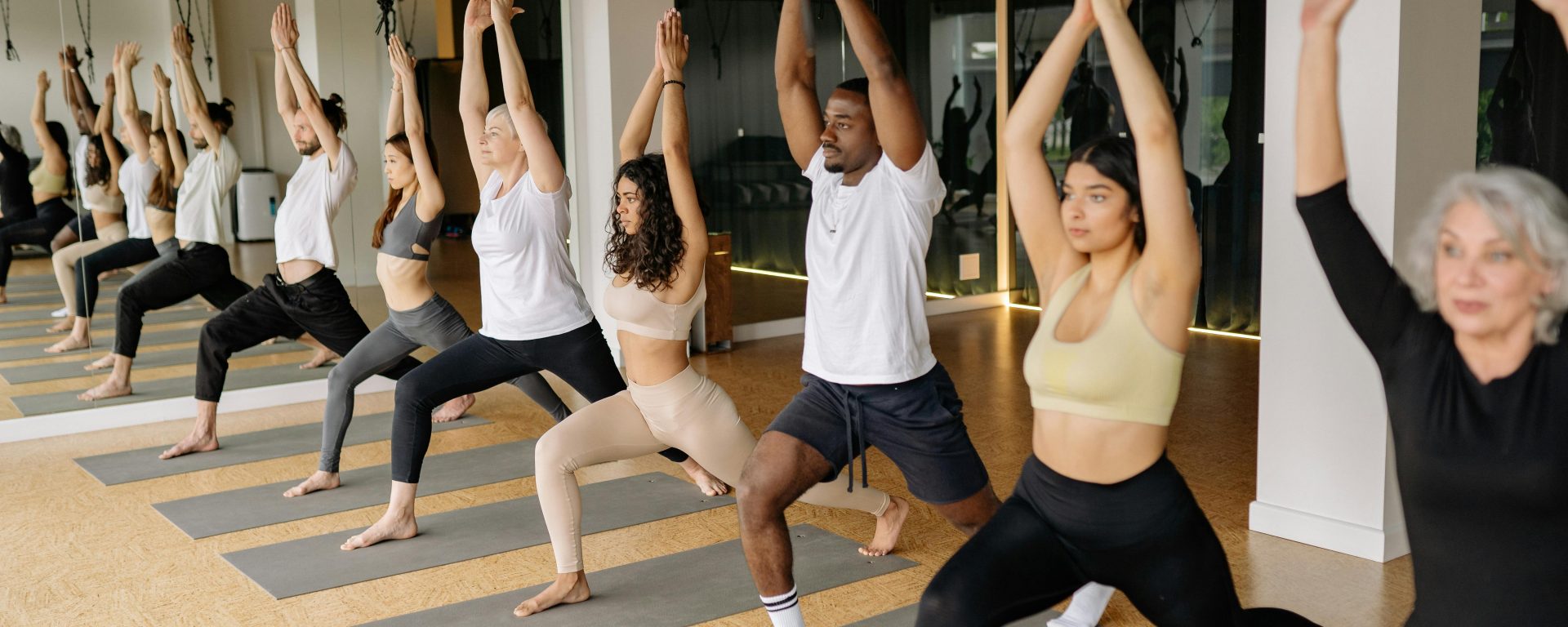Yoga has emerged as a popular adjunct therapy for managing Type 2 diabetes, although its effectiveness remains a subject of debate. In a bid to shed light on this issue, a recent study delved into the feasibility of investigating community-based yoga classes for individuals with Type 2 diabetes, aiming to lay the groundwork for a definitive, multi-center trial.
In 2009, Skoro-Kondza, et. al., Conducted as an exploratory randomized controlled trial with an extensive process evaluation component, the study was situated in two multi-ethnic boroughs in London, UK. These boroughs were chosen to represent varying levels of socio-economic deprivation. The intervention comprised 12 weeks of twice-weekly 90-minute yoga classes held either at a sports center or a GP surgery, targeting individuals with Type 2 diabetes who were not on insulin therapy. The control group consisted of individuals on a waiting list for the yoga classes, with both groups receiving standard advice and leaflets on healthy lifestyle practices, along with encouragement to engage in physical activity.
A total of 59 participants were recruited from general practice lists or opportunistically by general practice staff. However, despite broad inclusion criteria, the study faced significant challenges in recruitment, with a substantial portion of patients on GP diabetic registers deemed ineligible, and a high rate of non-participation among those eligible.
The mean age of participants was approximately 60 years. Attendance at yoga classes hovered around 50%, with participants exhibiting low adherence to home practice. Yoga teachers reported that many participants were ill-suited for traditional yoga exercises due to factors such as limited flexibility, low fitness levels, co-morbidities, and lack of confidence.
While a small decrease in HbA1c levels was observed in the yoga group, this change was not statistically significant and was not sustained six months post-intervention. Moreover, no significant changes were noted in other outcome measures including weight, waist circumference, lipid levels, blood pressure, cardiovascular risk score, diabetes-related quality of life, and self-efficacy.
In conclusion, the anticipated benefits of yoga for individuals with Type 2 diabetes, as suggested by previous studies, were not substantiated in this trial. Several factors, including recruitment difficulties, barriers to class attendance and home practice, and inadequacies in intervention intensity and personalization, may have contributed to these findings. Moving forward, these insights should inform the design of future trials in this area, emphasizing the need for tailored approaches to address the diverse needs and challenges faced by individuals with Type 2 diabetes.
Reference: Skoro-Kondza, L., Tai, S. S., Gadelrab, R., Drincevic, D., & Greenhalgh, T. (2009). Community based yoga classes for type 2 diabetes: an exploratory randomised controlled trial. BMC health services research, 9, 1-8.
